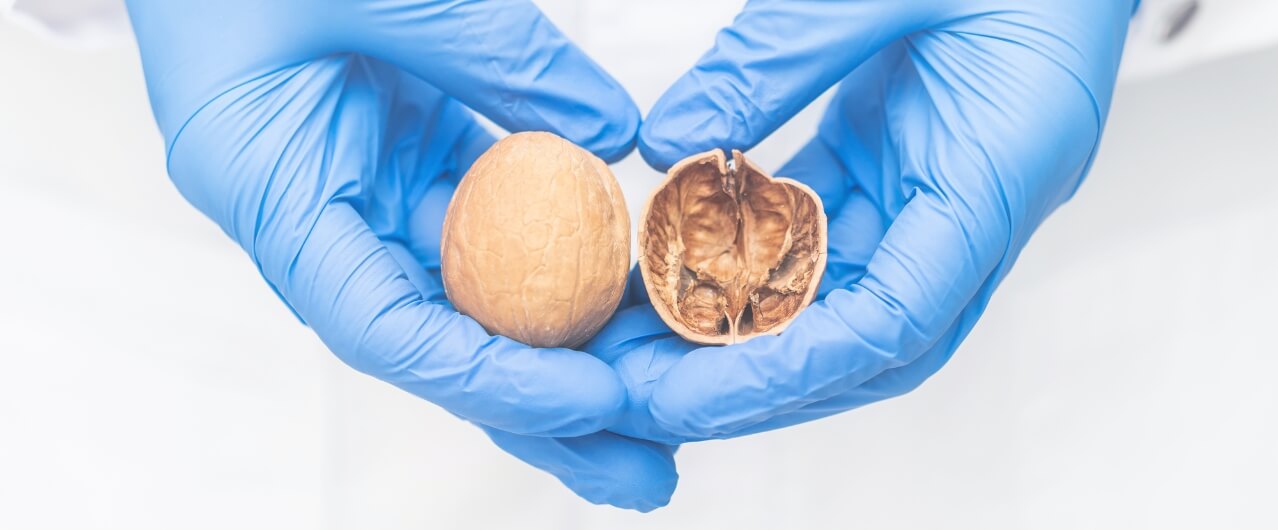How the HPTA works & why men on TRT should understand this critical hormone feedback loop
If you’re exploring or already on testosterone replacement therapy (TRT), you’ve probably come across the term HPTA. But what exactly is it, and why does it matter?
The hypothalamic-pituitary-testicular axis (HPTA) is your body’s natural hormone signaling system. It plays a key role in testosterone production, fertility, and long-term hormonal balance. When you start TRT, this system is directly affected, so understanding how it works can help you make more informed decisions about your treatment and long-term health.
What Is the HPTA and What Does It Do?
The HPTA is a communication network between three major parts of your body:
- Hypothalamus – Located in the brain, it produces gonadotropin-releasing hormone (GnRH), which signals the next step in the chain.
- Pituitary gland – This gland responds by producing LH (luteinizing hormone) and FSH (follicle-stimulating hormone), which tell your testicles what to do.
- Testicles – In response to LH and FSH, your testes produce testosterone and sperm.
This system operates on a feedback loop. When testosterone levels are adequate, your brain dials down production of GnRH, LH, and FSH. When levels are low, it ramps production back up.
How TRT Affects the HPTA
When you begin testosterone therapy, your body starts receiving testosterone from an external source. While this can help relieve symptoms of low T, it also signals to your brain that it doesn’t need to keep producing it naturally. As a result:
- GnRH, LH, and FSH production decreases
- Your testicles may reduce or stop their own testosterone and sperm production
- Over time, testicular size and function can diminish if not managed properly
This is why fertility concerns are common in men on long-term TRT and why a thoughtful approach to hormone therapy is essential.
Can the HPTA Recover After TRT?
In some cases, yes, but it depends on your age, baseline health, how long you’ve been on therapy, and whether any medications were used to support the HPTA during treatment. When TRT is discontinued abruptly without post-therapy support, the HPTA can remain suppressed, causing symptoms of low T to return (sometimes worse than before).
Some providers use medications like hCG or clomiphene citrate during or after TRT to help maintain or restore testicular function and hormonal signaling. This is especially important for men who wish to preserve fertility or who may consider coming off TRT in the future.
At Great Lakes Testosterone, we take the long view—considering not just how you feel today, but how your hormone health will look in 5, 10, or 20 years. Unlike many online TRT companies that focus on quick fixes and generic prescriptions, we build personalized treatment plans that support long-term vitality, protect your HPTA function, and evolve with your goals over time. Your health isn’t one-size-fits-all, your hormone therapy shouldn’t be either.
Why HPTA Awareness Matters for Your Treatment Plan
Many clinics overlook the importance of the HPTA and focus solely on symptoms. While symptom relief is important, true hormone optimization means protecting the broader system that regulates testosterone production.
Here’s what we do differently:
- We educate you on what TRT means for your entire endocrine system, not just T levels
- We tailor treatment based on your goals, age, fertility concerns, and lifestyle
- We offer supportive therapies (like hCG, when appropriate) to help maintain HPTA activity
- We don’t rush decisions, and we’re here to support you whether you’re starting or transitioning off TRT
Navigating TRT and HPTA health can feel overwhelming, but you don’t have to do it alone. At Great Lakes Testosterone, we specialize in safe, medically guided hormone therapy that’s built to support your body for the long haul.
If you’re ready to work with experts who put your long-term health first, contact us today. We’re here to help you feel your best—for life.

